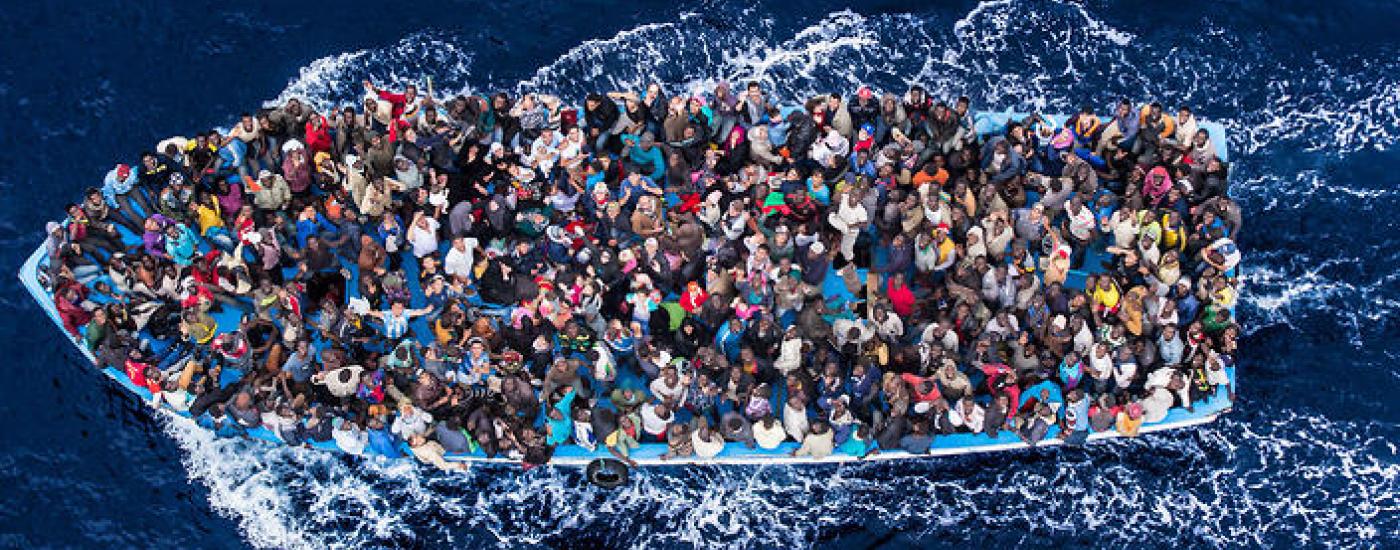
Edson Baraukwa | Africa Guardian
Spanish Prime Minister Pedro Sánchez embarks on a three-day visit to West Africa on Tuesday to address the dramatic increase in migrant arrivals, especially in the Canary Islands. This surge has overwhelmed both Madrid and Brussels, with Spain’s coastguard routinely rescuing overloaded boats carrying African migrants to the archipelago.
Sánchez’s visit will cover Mauritania, The Gambia, and Senegal, focusing on diplomatic efforts to curb migrant departures. His return to Mauritania, a key departure point, will likely involve discussions on enhancing local measures to prevent migration. The Canary Islands’ regional leader, Fernando Clavijo, has estimated over 150,000 refugees poised to depart from Mauritania, emphasizing the need for the European Union to share the responsibility of managing migratory pressures.
The Canary Islands and Spain often serve as initial entry points for West African migrants, who typically continue their journey to other European countries, especially France. This year has seen a significant rise in arrivals: 22,304 migrants reached the islands between January 1 and August 15, a 126% increase from the same period in 2023. Spain as a whole recorded 31,155 arrivals by mid-August, marking a 66.2% increase from the previous year. The current pace suggests 2024 may surpass last year’s record of 39,910 arrivals.
The perilous Atlantic route, fraught with strong currents and overcrowded, unseaworthy boats, continues to be a major challenge, leading to numerous deaths and disappearances annually. The influx is not limited to the Canary Islands; the Spanish enclaves of Ceuta and Melilla on the North African coast are also experiencing a rise in arrivals, particularly of unaccompanied minors. These minors, who cannot be legally returned, place additional strain on Spain’s resources and political landscape.
In the Canary Islands, the regional government is currently responsible for 5,100 foreign minors, far exceeding the capacity of its centers, which can only accommodate 2,000. The situation is similar in Ceuta. Efforts to address the crisis included a proposed immigration law modification in July, aimed at distributing minors across all 17 Spanish regions. However, the proposal was blocked by the right-wing Popular Party, the far-right Vox, and Carles Puigdemont’s JxCat party.
During his meeting with Sánchez on Friday, Clavijo secured a pledge for an additional €50 million, matching the funding provided in the past two years but falling short of the €150 million his administration has expended this year.
___
